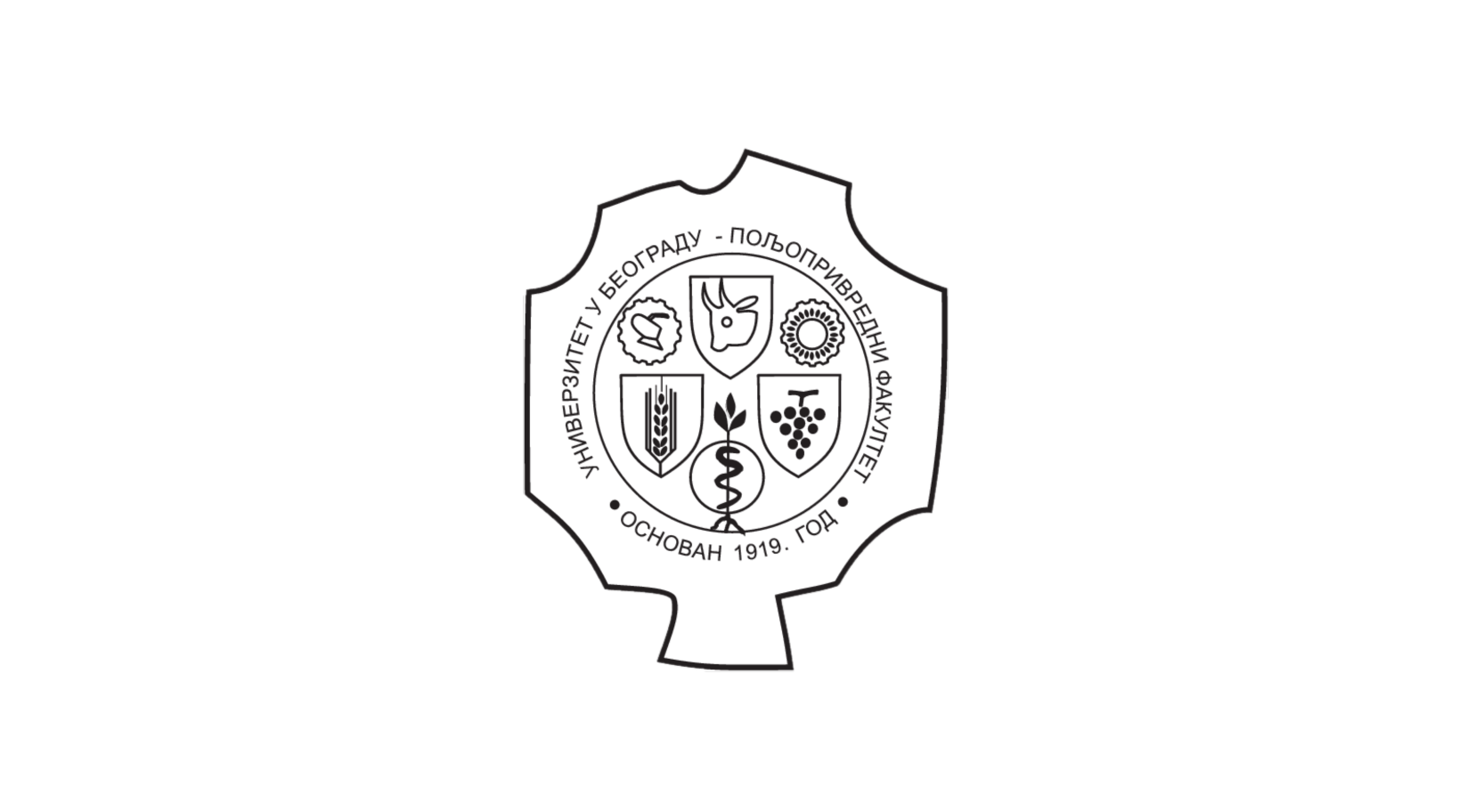Приказ основних података о документу
Potential application of selenium-enriched mushrooms in the food and pharmaceutical industry
| dc.creator | Pantić, Milena | |
| dc.creator | Miletić, Dunja | |
| dc.creator | Matijašević, Danka | |
| dc.creator | Sknepnek, Aleksandra | |
| dc.creator | Nikšić, Miomir | |
| dc.date.accessioned | 2023-12-18T12:25:15Z | |
| dc.date.available | 2023-12-18T12:25:15Z | |
| dc.date.issued | 2022 | |
| dc.identifier.uri | http://aspace.agrif.bg.ac.rs/handle/123456789/6619 | |
| dc.description.abstract | Selenium (Se) is an essential micronutrient which bioavailability and toxicity depends on its form and concentration that is taken into the body. Se uptake from organic sources goes up to 90-95%, while from inorganic it’s up to 10%. In addition, toxicity of organic Se compounds is low. In the last decades, the interest in functional foods and natural dietary supplements consummation has been growing. Since the mushroom market also constantly grows, bioactive compounds, isolated from higher fungi grown on fortified substrates, are their promising source. During last 15 years of research, the biological activity of Se-enriched macromycetes has been proven through in vitro tests by our group. The research was conducted on selenium enriched mushroom species (Pleurotus spp, Lentinus edodes, Coriolus versicolor and Agaricus bisporus) obtained using solid state and submerged cultivation techniques, and different sources of selenium for the growing substrate supplementation. Chemical composition analysis revealed that, mostly, Se-enriched extracts and polysaccharides obtained from mycelia and fruiting bodies had higher content of glucans, total proteins and phenolic compounds compared to non-enriched samples. Also, a significant percentage of total accumulated Se was incorporated in the form of L-selenomethionine. Mushrooms enriched with Se from an organic source (selenourea, Se-yeast) showed significantly different Se-accumulation efficiency, biomass yield, content of the L-selenomethionine, Se content and different biological activity, compared to the mushroom samples enriched with inorganic salts (sodium selenate and sodium selenite). The ability of some mushroom species to grow and accumulate selenium also varied on used cultivation technique and growth stage. In vitro test of the fresh fruiting bodies indicated the positive influence of Se from Se-modified zeolites on the activity of enzymes of primary antioxidant protection - superoxide dismutase (SOD), glutathione peroxidase (GSH-Px) and catalase (CAT).Antioxidant activity of selenium enriched extracts depended on the Se concentration, form of the Se used for the supplementation, mushroom strain and type of the mushroom extract. An increase in the activity was noted with increasing concentration of Se in all tested samples. Furthermore, antibacterial activity against food-borne pathogens and non-toxicity to moderate toxicity of extracts, with high content of Se, against normal MRC-5 cell line was proven. According to results, Se-enriched mushrooms in the form of fruiting bodies, mycelia, extracts or polysaccharide extracts could be a promising non-toxic dietary supplements or functional food/additives with prolonged shelf life and improved bioactivity. | sr |
| dc.language.iso | en | sr |
| dc.rights | closedAccess | sr |
| dc.source | 11th International Medicinal Mushroom Conference (IMMC11) | sr |
| dc.title | Potential application of selenium-enriched mushrooms in the food and pharmaceutical industry | sr |
| dc.type | lecture | sr |
| dc.rights.license | ARR | sr |
| dc.citation.epage | 140 | |
| dc.citation.spage | 139 | |
| dc.identifier.rcub | https://hdl.handle.net/21.15107/rcub_agrospace_6619 | |
| dc.type.version | publishedVersion | sr |


